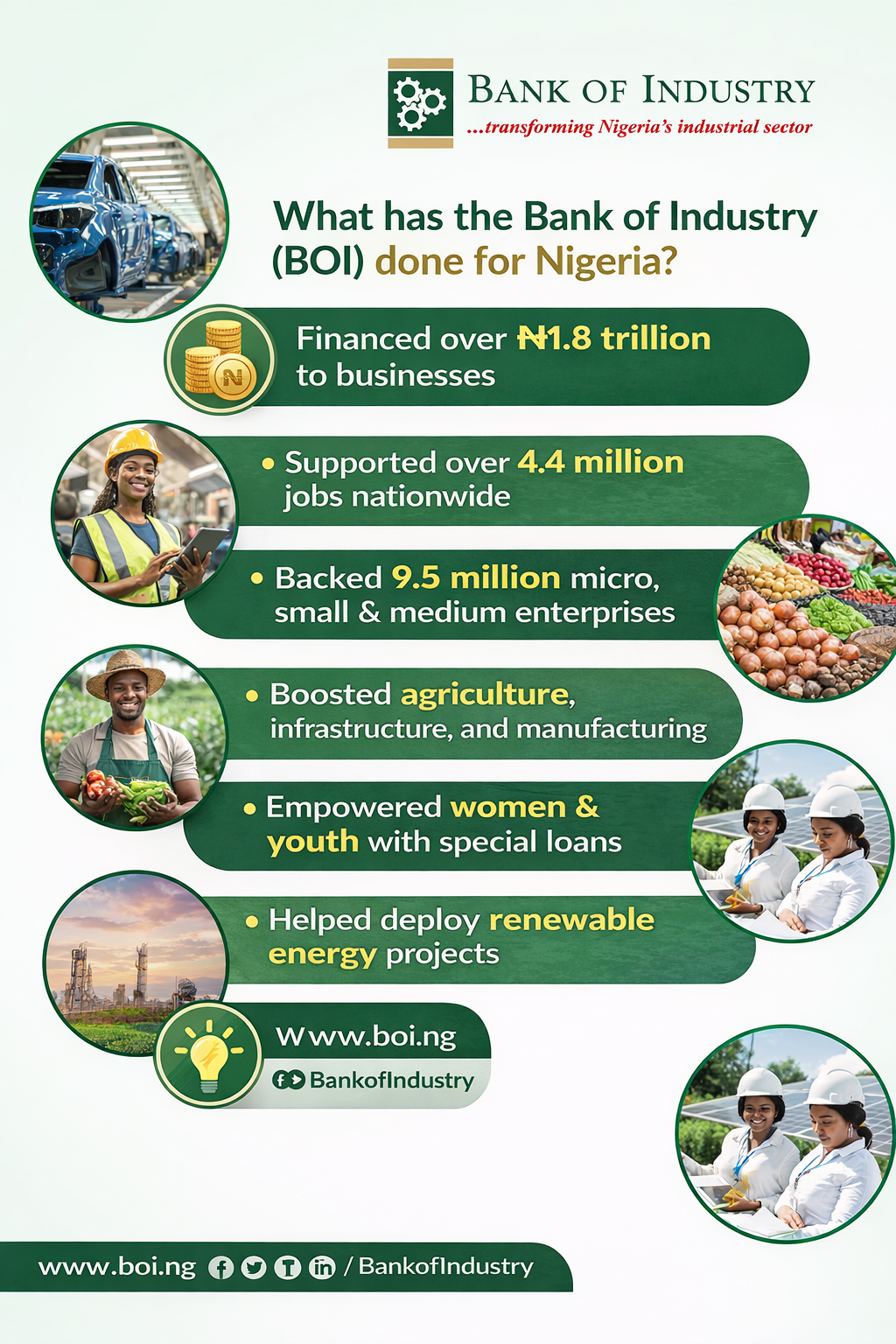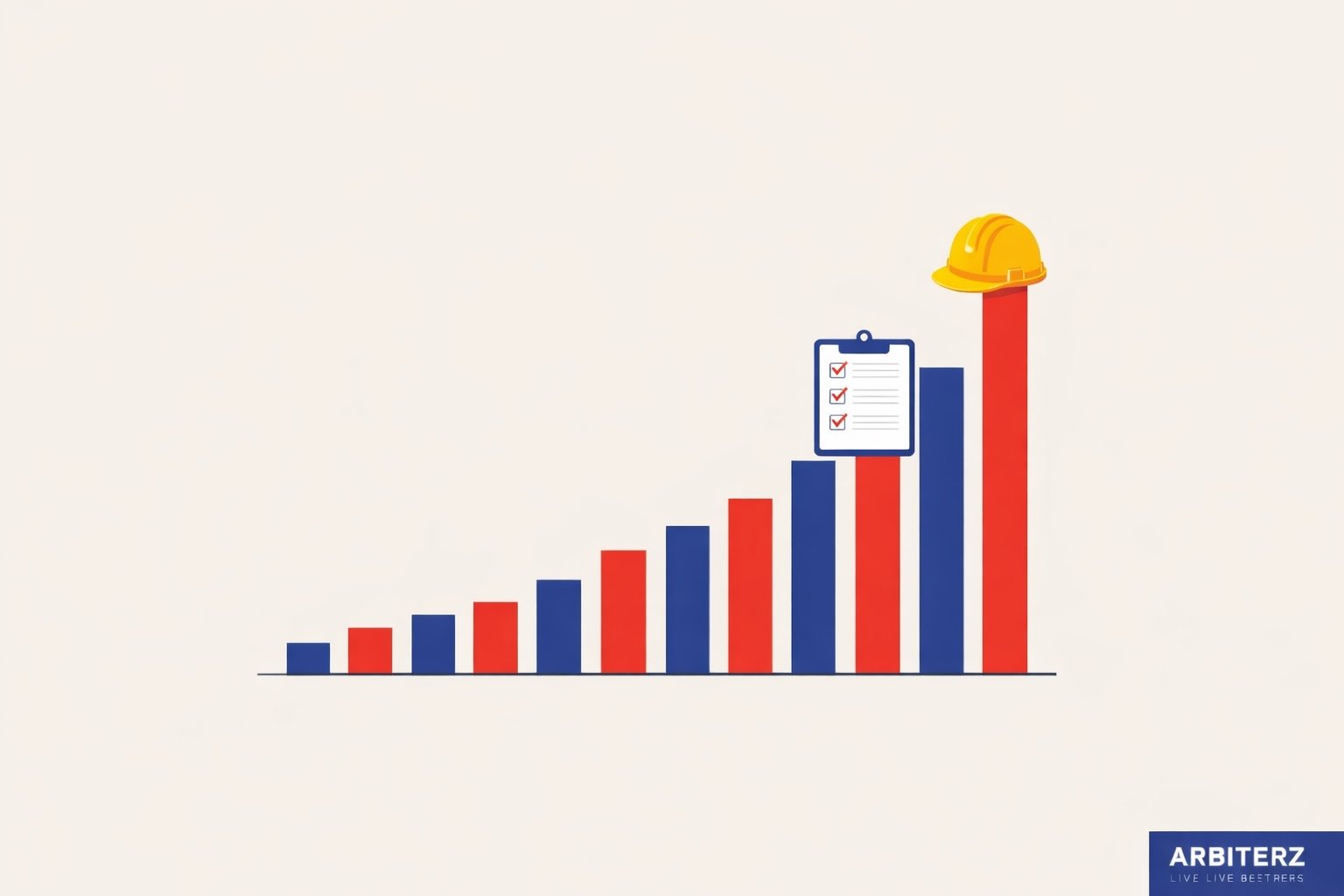Shoprite used to be a household name in Nigeria’s retail sector. In recent times, the retail store has become a shadow of its old self having to shut several outlets across the country, the latest being in Ilorin, Kwara state and Ibadan, Oyo state.
These closures follow the sale of the business to local investors in 2021 by its South African owners. Four years on, a combination of economic challenges, operational hurdles, and fierce competition from local retailers has rendered the business almost dormant.
In January 2024, the retailer closed its Ado Bayero Mall branch in Kano, citing an unfavourable business environment. The closure of the Novare Central Mall store in Abuja’s Wuse Zone 5 followed, ceasing operations on June 30, 2024.
Wider Economic Challenges
Persistent naira instability and foreign exchange shortages increased the cost of imported goods, which Shoprite heavily relied on, forcing the company to pass off the extra cost to consumers, making its products less affordable.
On the part of consumers, high inflation, unemployment, and inadequate wages have eroded the purchasing power of consumers, pushing them towards smaller stores, local retail stores and the informal market.
Operational costs like heavy reliance on diesel – powered generators and the soaring diesel prices, skyrocketed expenses for lighting, air-conditioning, and refrigeration in its large stores. High mall rents, multiple taxation, port congestion, and regulatory bottlenecks have also inflated logistics and operating costs, squeezing profit margins. .
Local Competition
Local competitors offering more affordable, accessible, and locally tailored options have taken shoprite’s position in most areas due to their proximity to households and fair pricing.
Such competitors include Spar Nigeria, which operates multiple outlets in Lagos, Abuja, and Port Harcourt, Hubmart Stores in Lagos and Abuja, Justrite Superstores in southwestern Nigeria, Prince Ebeano Supermarket, Blenco Supermarket (Lagos and Ogun) Jendor Supermarket (Anambra) and more recently Bokku Supermarket which has been able to gain a fair spread nationwide. This has deeply eroded Shoprite’s market share and forced the closure upon them.
Loss of Jobs
Thousands of shoprite employees have faced job insecurity as stores downsized or closed, with many experiencing reduced shifts, delayed salaries, or restructured contracts. The ripple effects have extended to Shoprite’s supply chain, impacting local farmers, food suppliers, and logistics providers who relied on the retailer’s bulk orders.


























